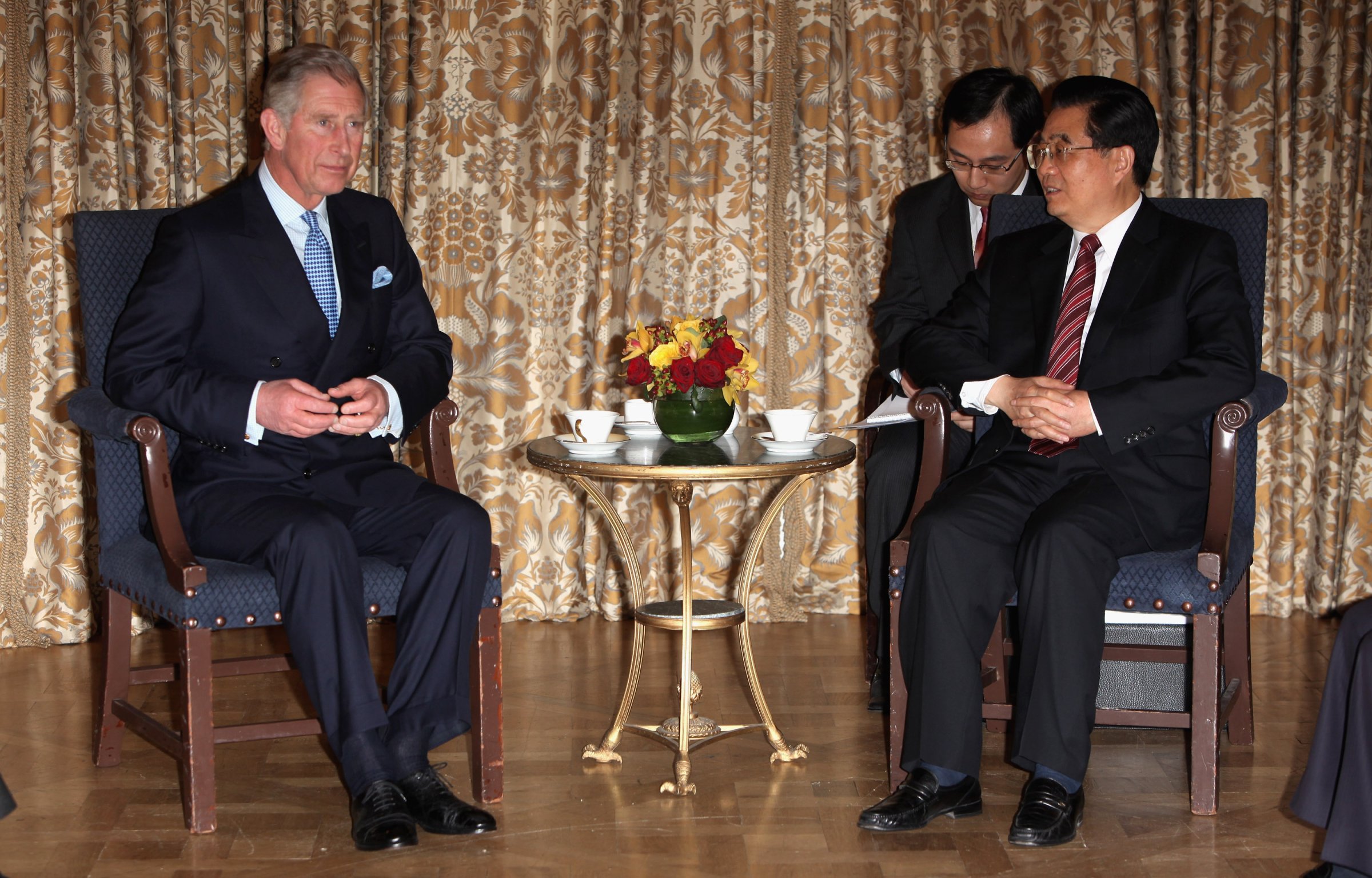
On Tuesday evening, at a state banquet in London hosted by Queen Elizabeth II, Chinese President Xi Jinping and his wife Peng Liyuan will be treated to the pomp and pageantry that only a monarch can bring to diplomacy. A hundred and fifty guests will dine at Buckingham Palace at a table set with King George the IV’s silver collection and napkins displaying the Queen’s monogram. For the occasion of her first state banquet, Princess Kate will wear a tiara.
It’s a warm reception for China, a country that has had a tense relationship with much of the West, and an indication that the friendship between Beijing and London is getting cozier at a moment when the U.S. and China are getting further apart. But one guest will be conspicuously absent at the state dinner: Prince Charles, the heir to the British throne.
His absence has renewed questions about the Prince’s rocky past with China. Over the years, Prince Charles has been notably absent from events with the Chinese. He didn’t attend the state banquet during former Chinese President Hu Jintao’s visit in 2005 and he boycotted the 2008 Olympics in Beijing, citing his support for Tibet. His feelings toward the Chinese have not been subtle — in a journal entry made after the 1997 handover of Hong Kong to Beijing, the Prince described China’s leaders as “appalling old waxworks.”
But this time, it seems that the Prince’s attitude toward working with the Chinese has changed. Though he isn’t attending the banquet, he and his wife Camilla Parker-Bowles, the Duchess of Cornwall, will keep a full schedule of activities with the Chinese President, including hosting Xi and his wife for tea at his home. In preparation for the visit, according reports from the BBC, Charles chose not to see the Dalai Lama when he visited the U.K. last month. (After British Prime Minister David Cameron met with the Dalai Lama in 2012, China canceled diplomatic meetings between the two countries and British newspapers reported that Cameron had been effectively “banned” from the country.) The Prince’s office at Clarence House wouldn’t comment on his absence from the banquet, but noted his “significant involvement” in the state visit in an official statement.
See the Official Flag Raising for China’s National Day
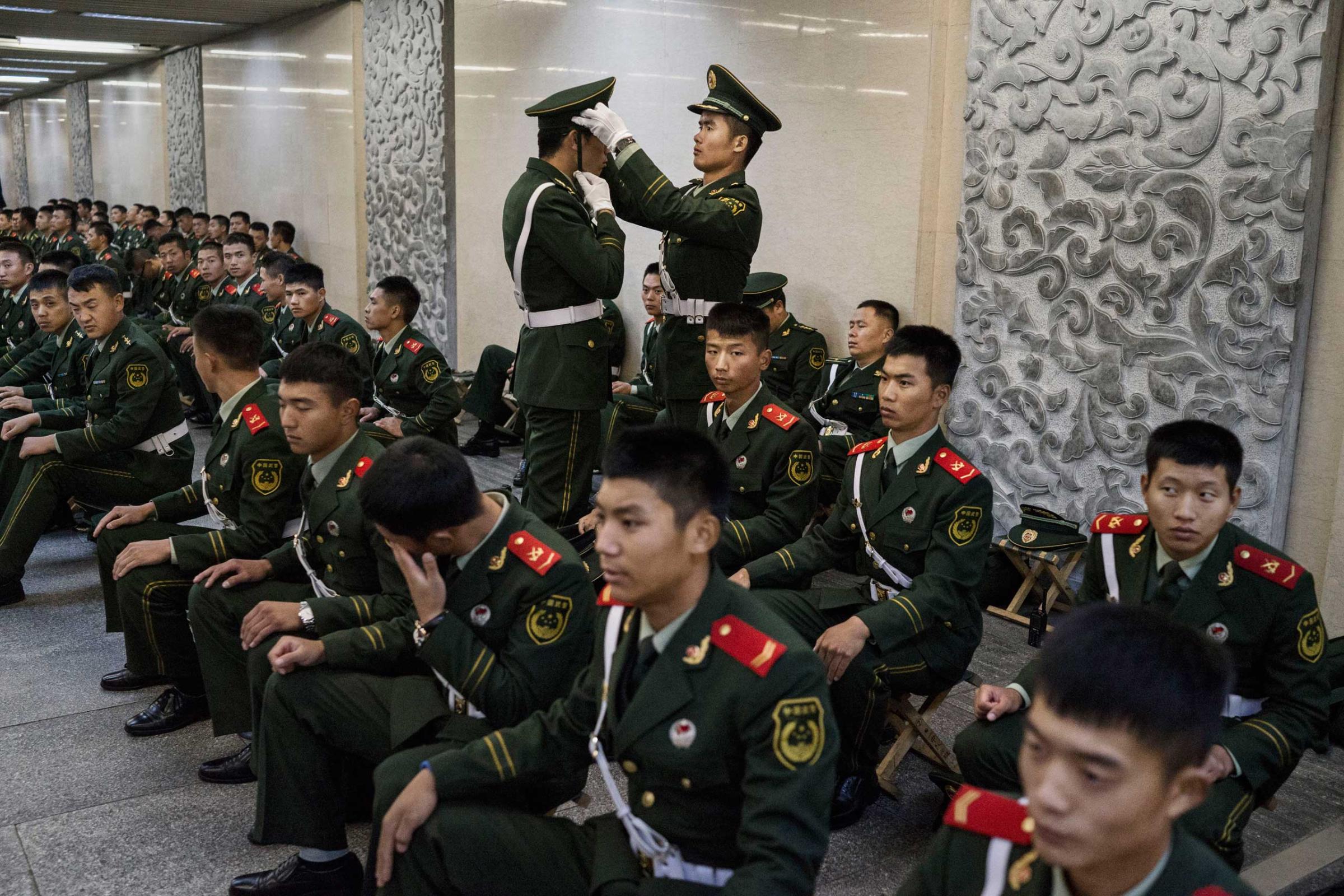
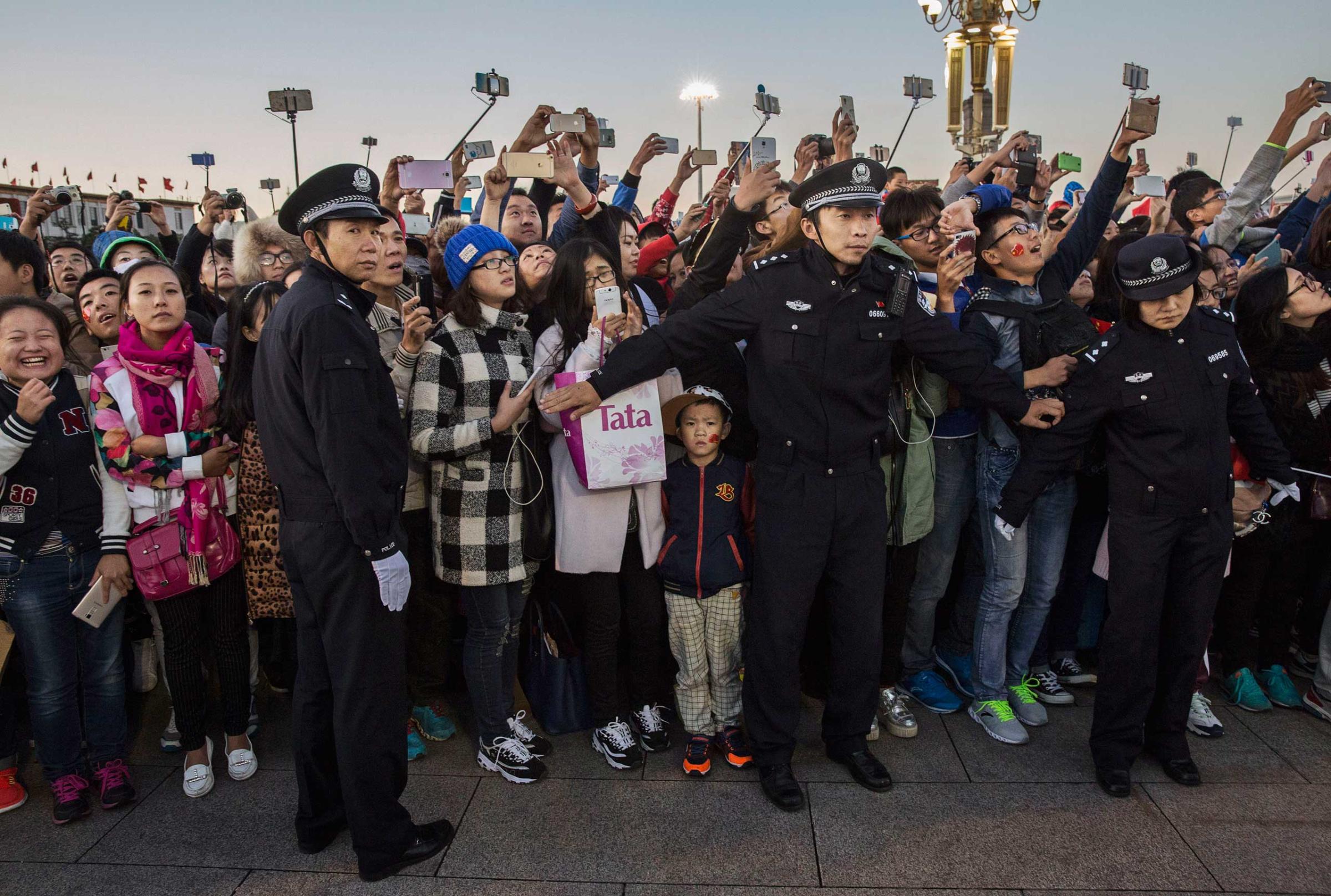
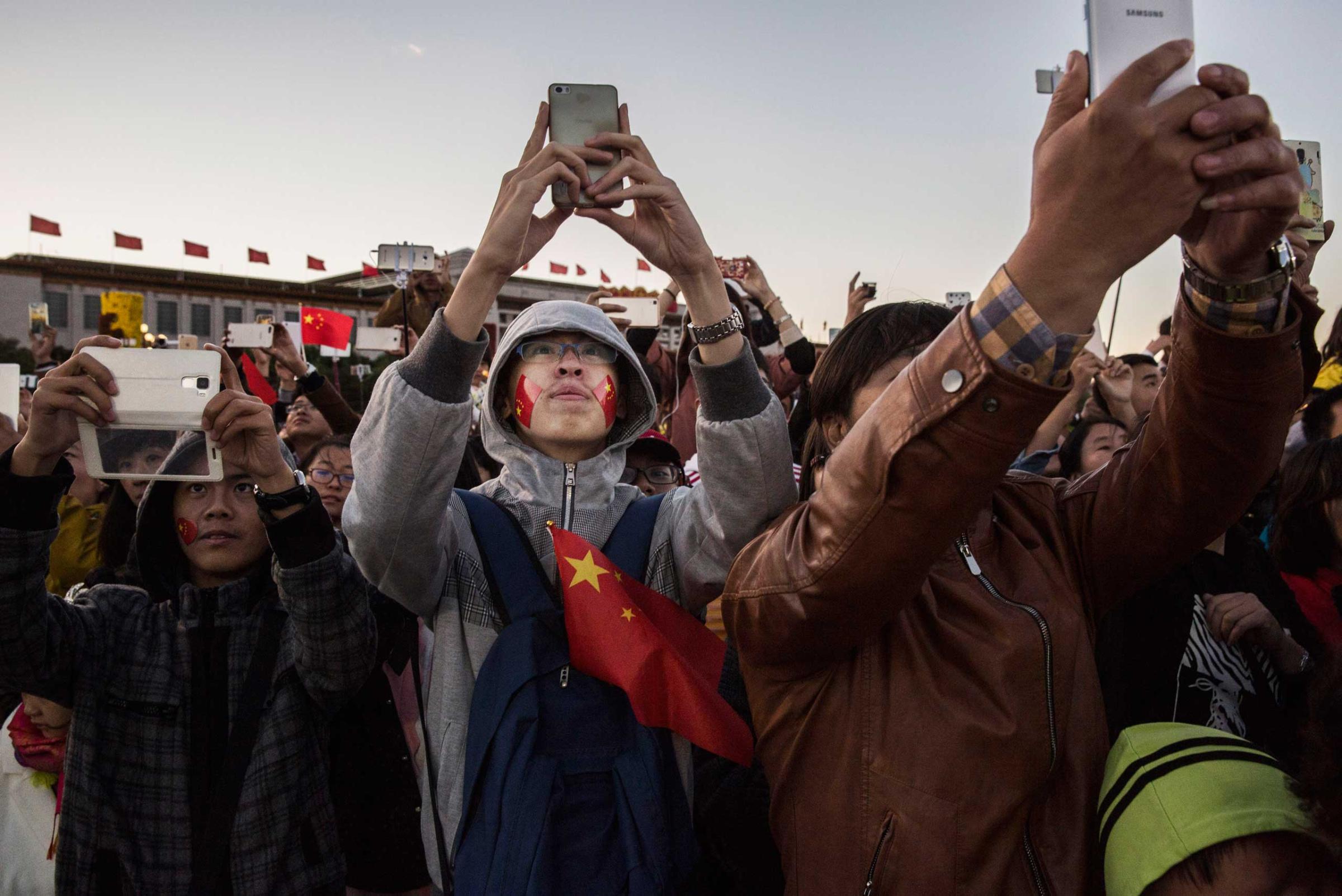
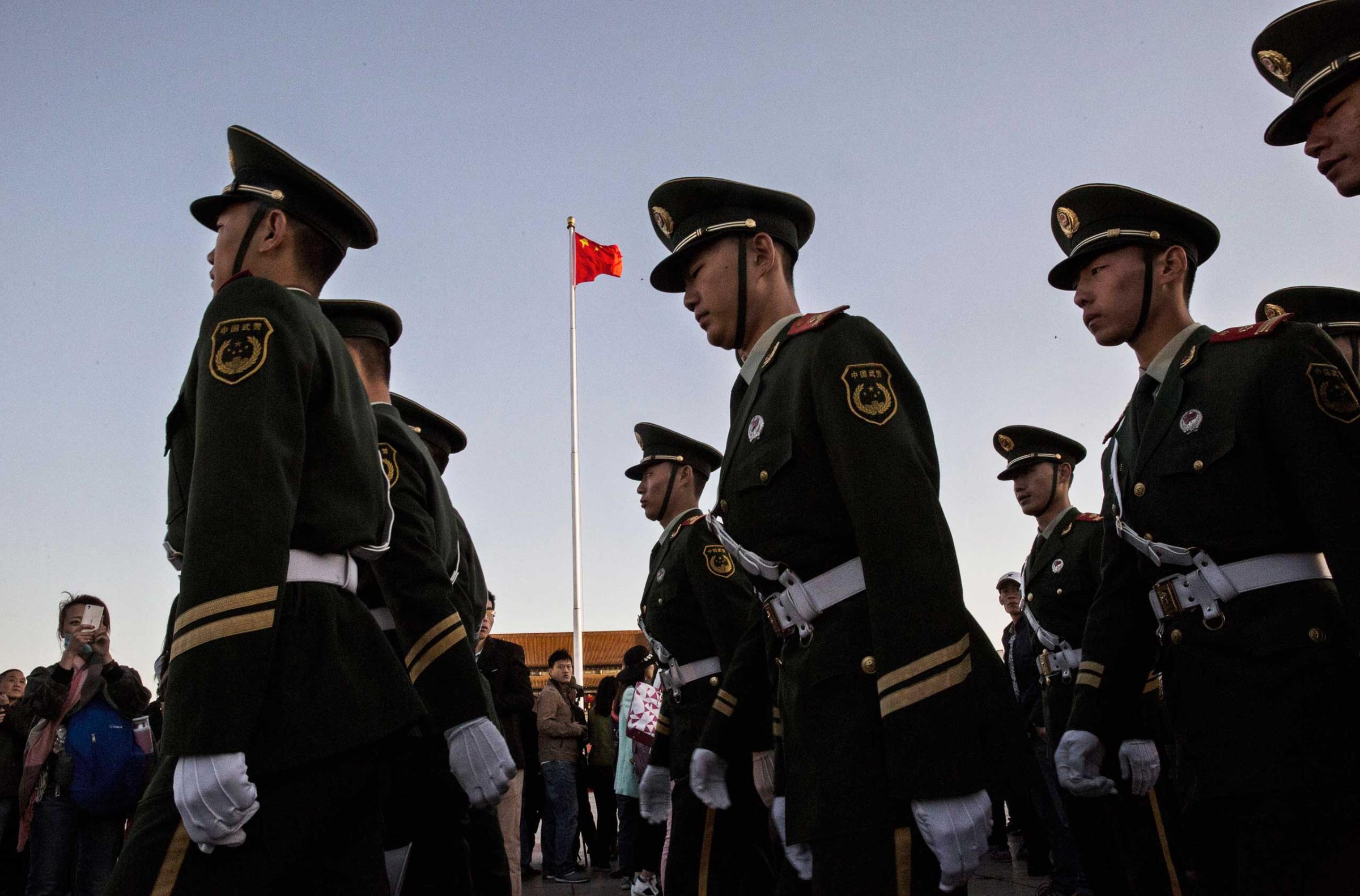
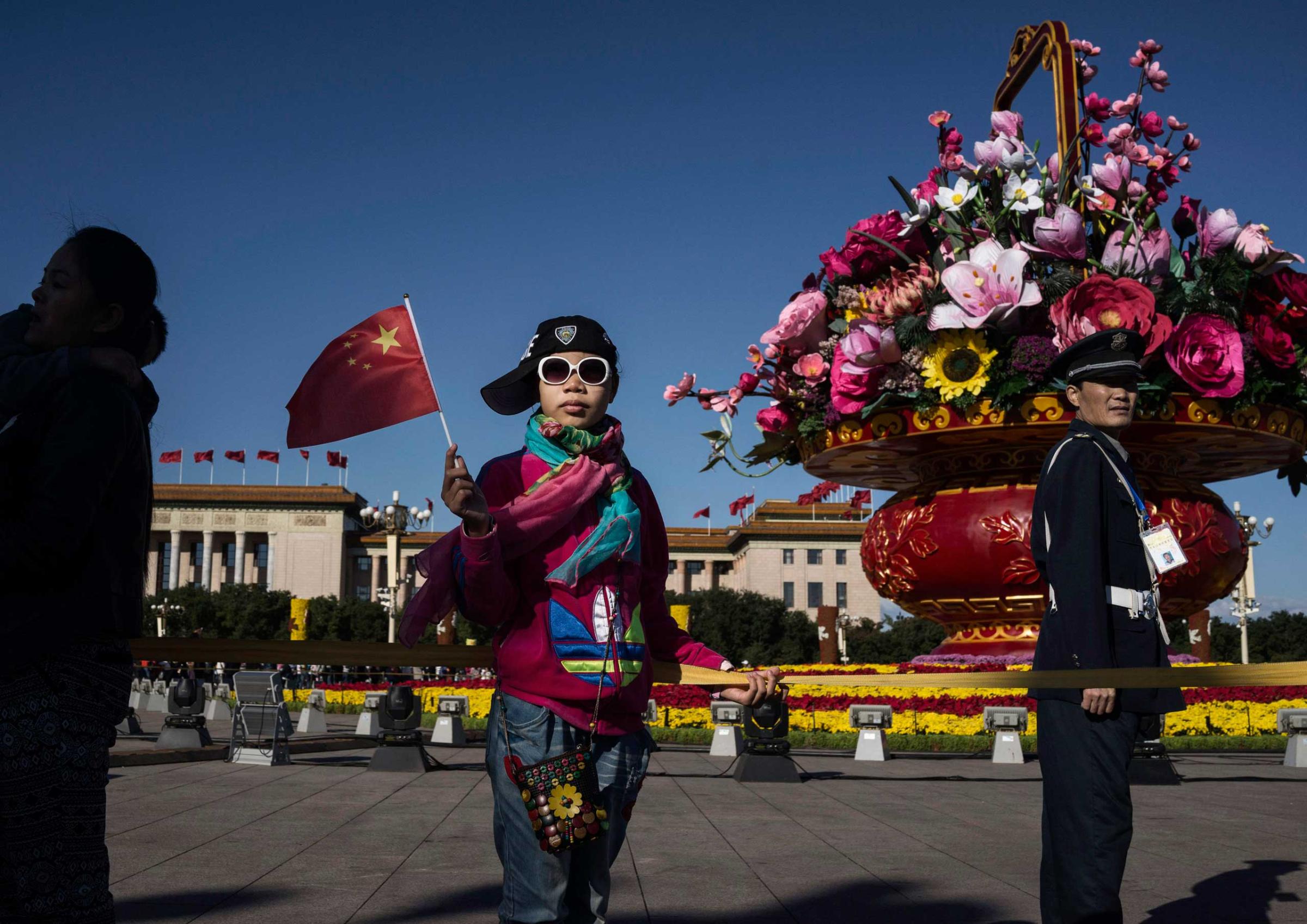
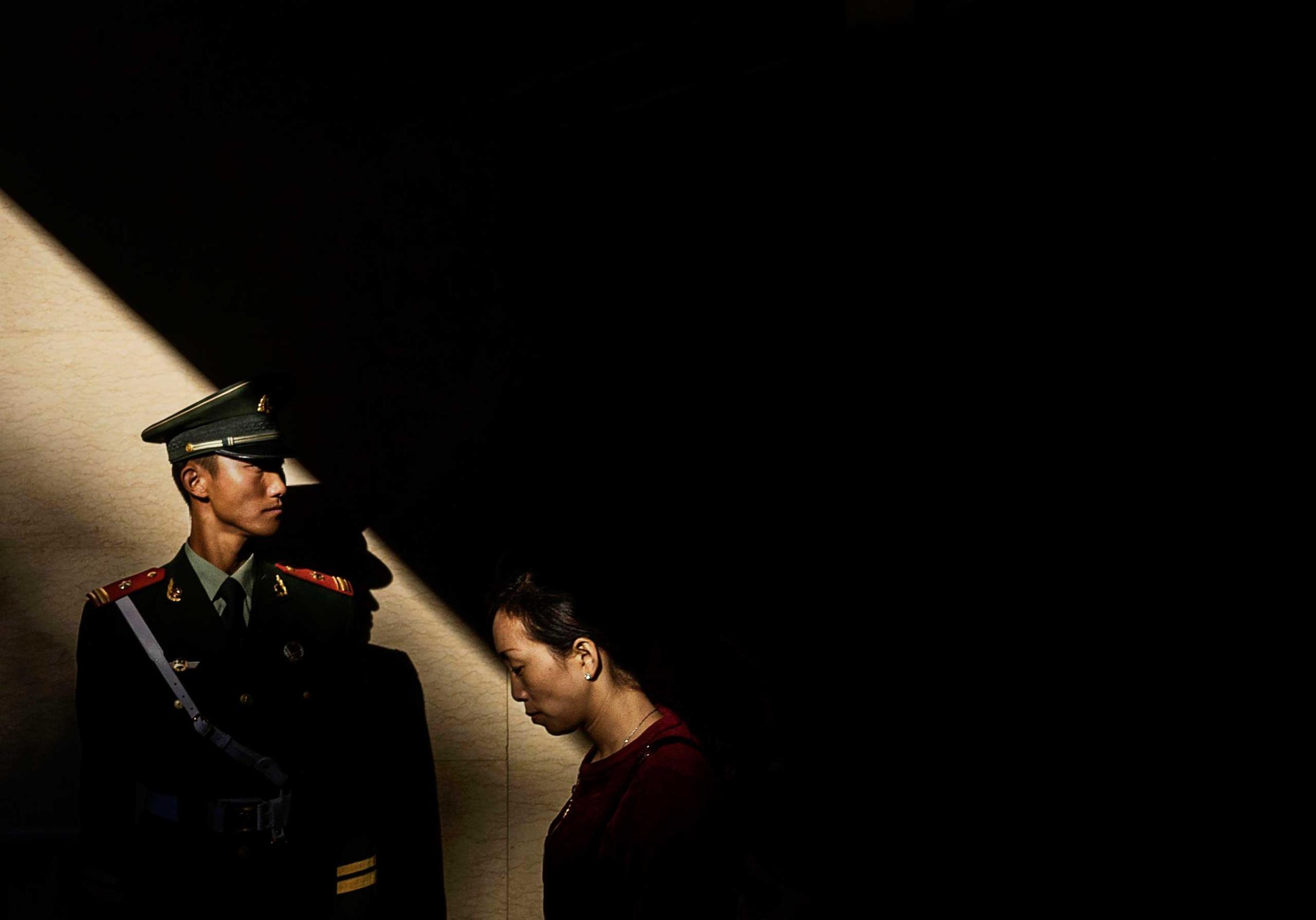
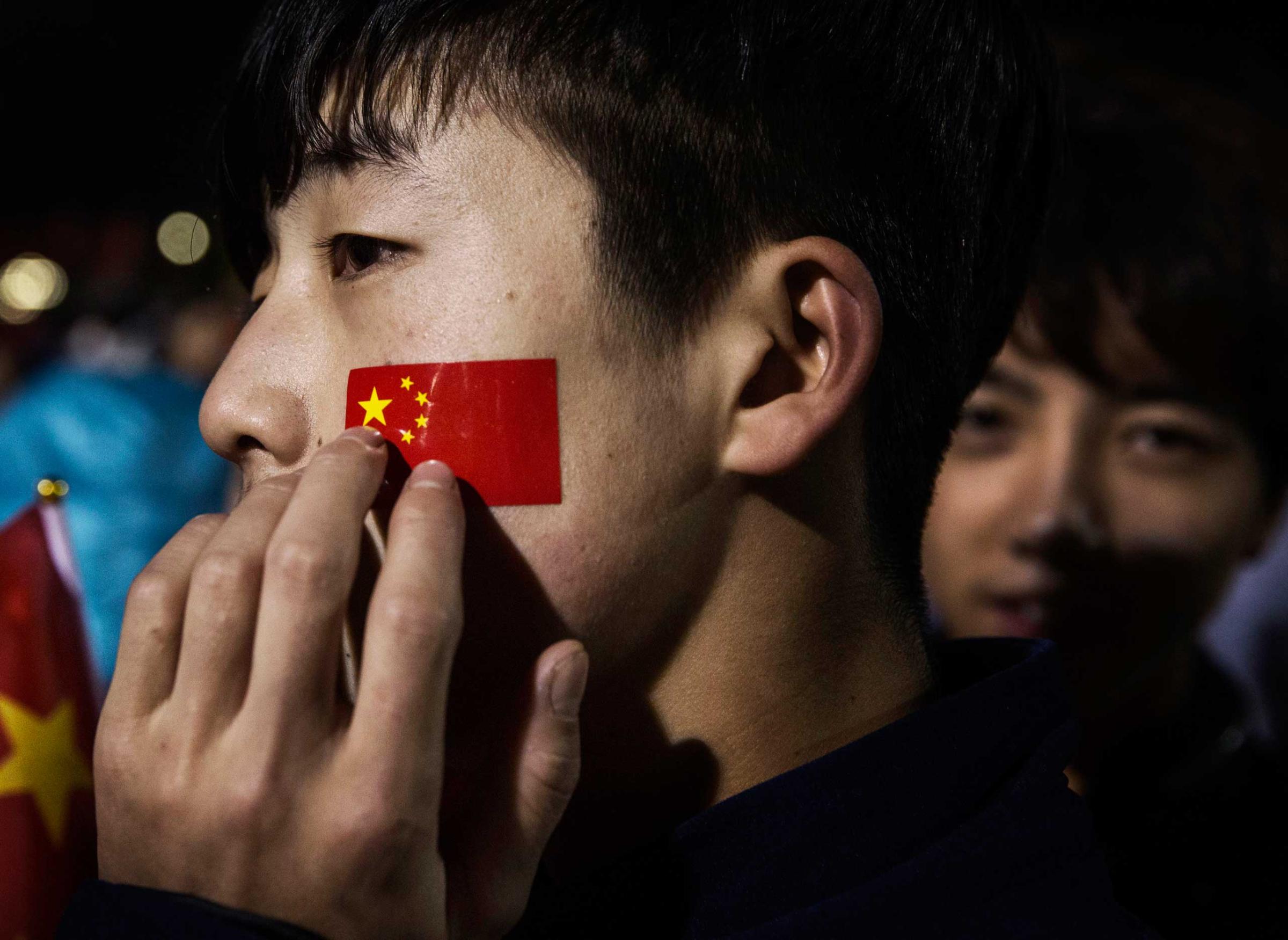
“He is very sympathetic to the Tibetans and I think he has reservations about the Chinese leaders,” says Roderic Wye, a fellow in the Asia program at Chatham House, an international affairs institute in London. “He hasn’t absented himself from it all, so it’s not as though he is completely snubbing the Chinese leader. But I do think he is making something of a point.”
The points that Prince Charles makes are only going to become more important. Though Queen Elizabeth II has served longer than any other British monarch, she is nearly 90, so Prince Charles has begun to take on a larger share of royal responsibilities. A new play, King Charles III, which opens on Nov. 1 in New York City after a successful run in London, imagines a future where King Charles stops the passage of a law that restricts the freedom of the press. Though the plot portrays Charles as a protector of free speech, it nonetheless reflects the worry in Britain that the Prince — who has tended to be far more outspoken than his mother about political causes dear to his heart, like the environment — may overstep the bounds of what is expected from a modern king. That concern only deepened in June when the Guardian released a collection of secret letters from Prince Charles to members of Parliament, lobbying for pet causes like rain forest conservation and access to alternative medicine in the National Health Service.
So what will the scion of one of the oldest royal families in the world and the leader of the biggest economy in the world discuss over tea? “They are going to have to talk about something as they chomp on the cucumber sandwiches,” says Wye. “He is well aware of his duty and position, and he is not going to insult or annoy his guests, but that doesn’t necessarily mean he is not going to speak his mind because he also likes to do that.”
It may well be that Prince Charles’s willingness to meet with Xi has less to do with his own feelings then with those of the current British government, which has gone to great lengths to cement its relationship with China — much to the irritation of Washington. In March, Britain became the first major Western country to apply to join the Chinese-led Asian Infrastructure Investment Bank, against the expressed wishes of the U.S. And in September British Chancellor George Osborne — the most likely successor to Cameron as the leader of the conservative party — gave a speech at the Shanghai Stock Exchange pledging to make Britain China’s “best partner in the West,” calling for increased exports from Britain to China and Chinese investment in British infrastructure.
See China's Epic Parade Commemorating the End of World War II
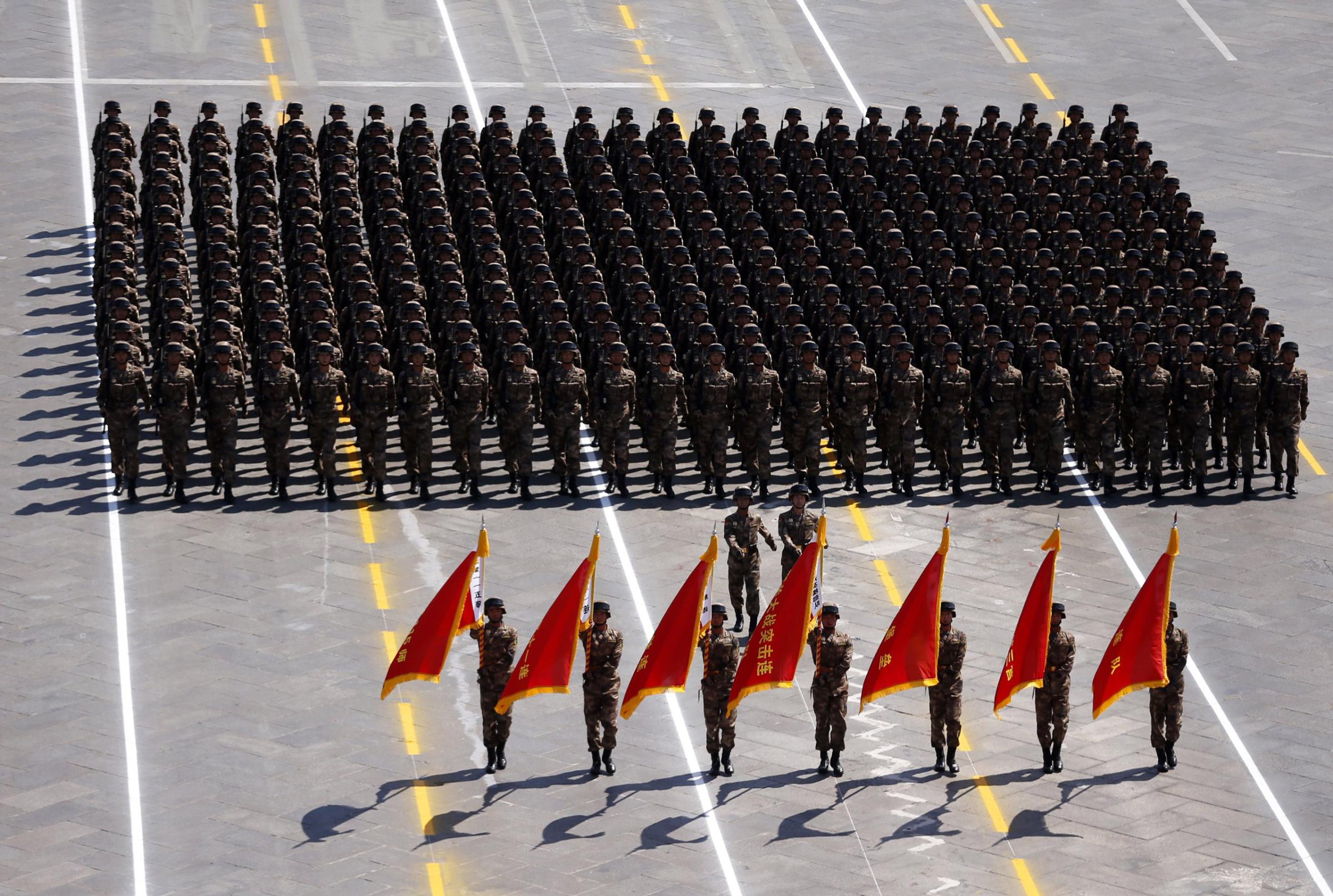
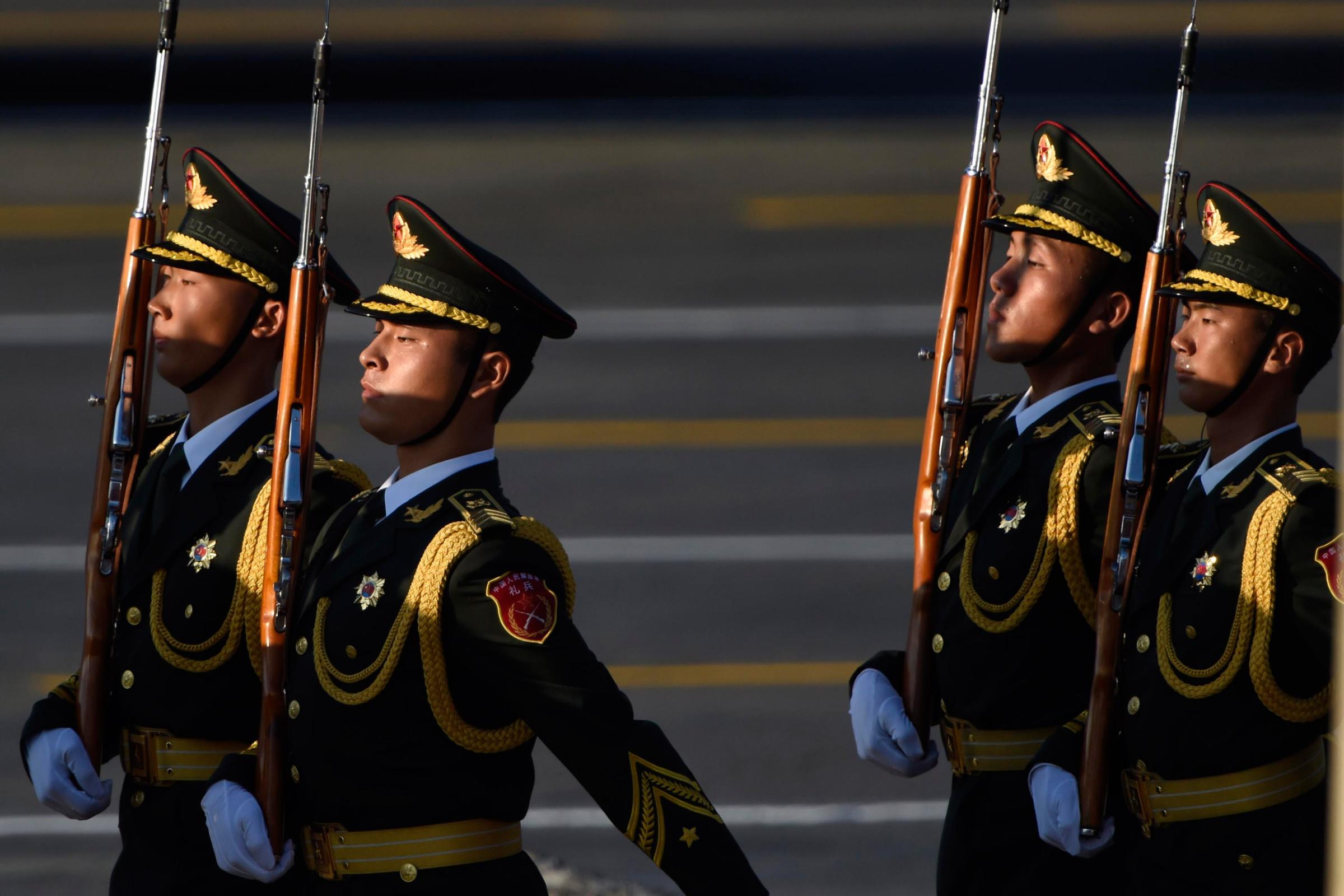
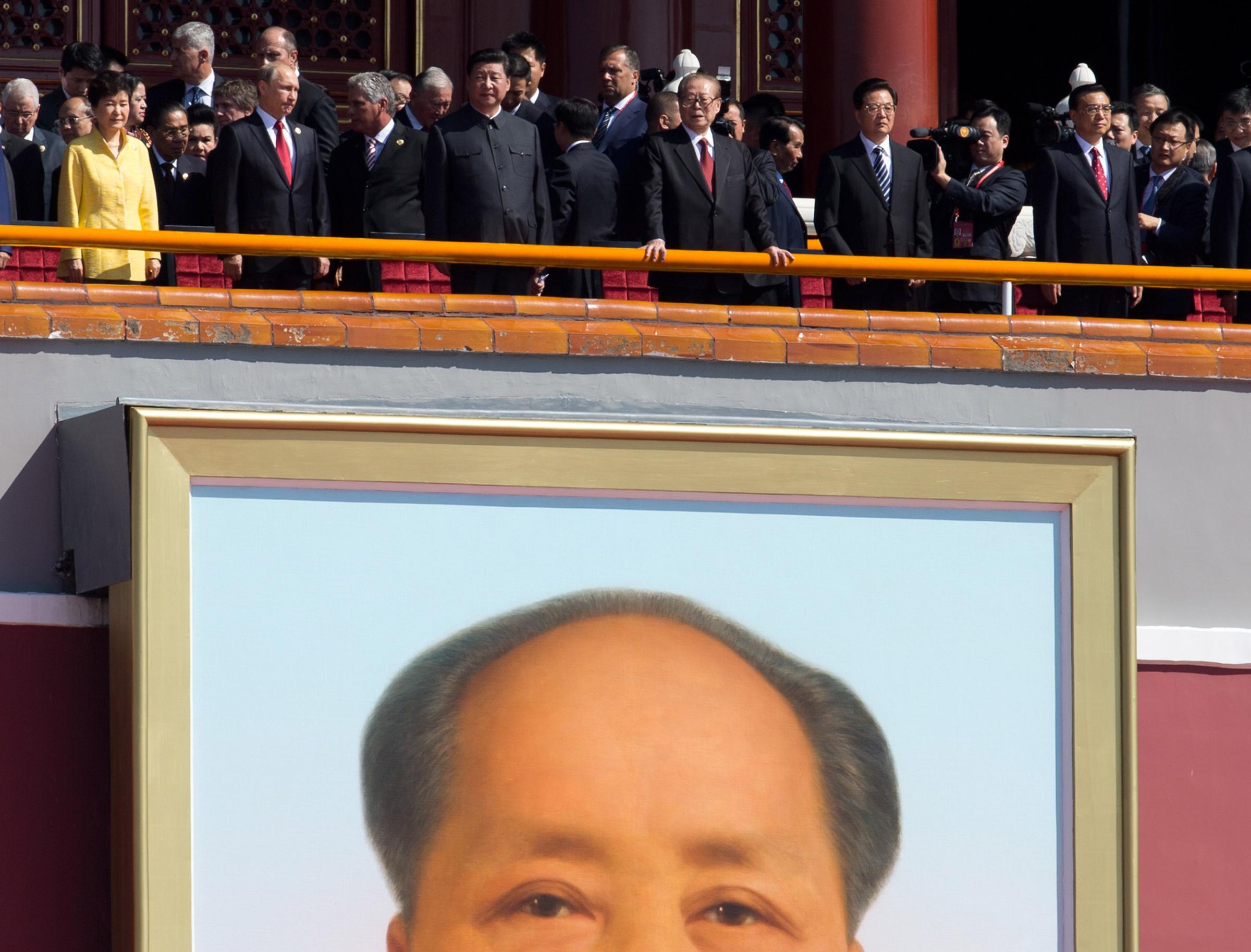
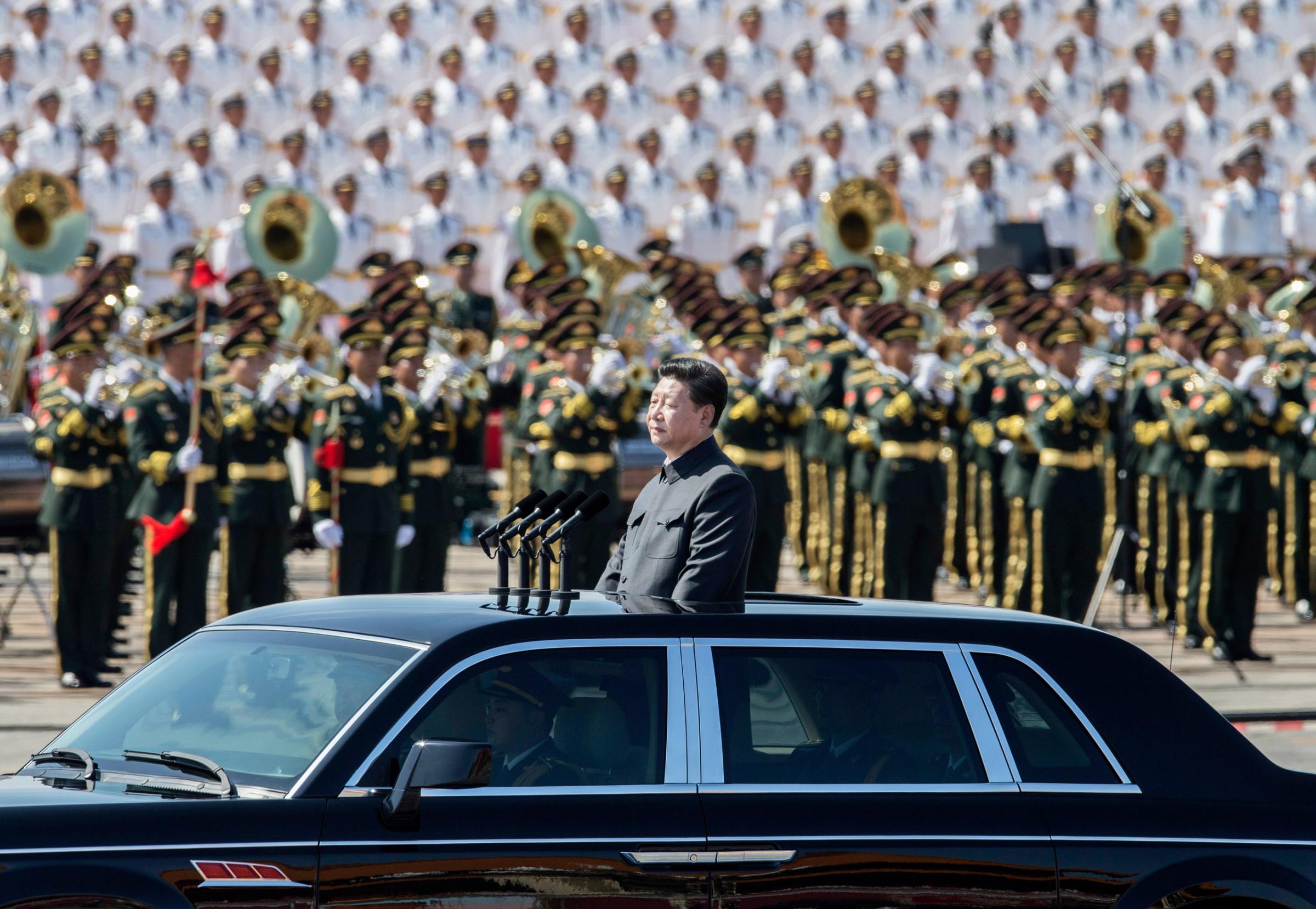
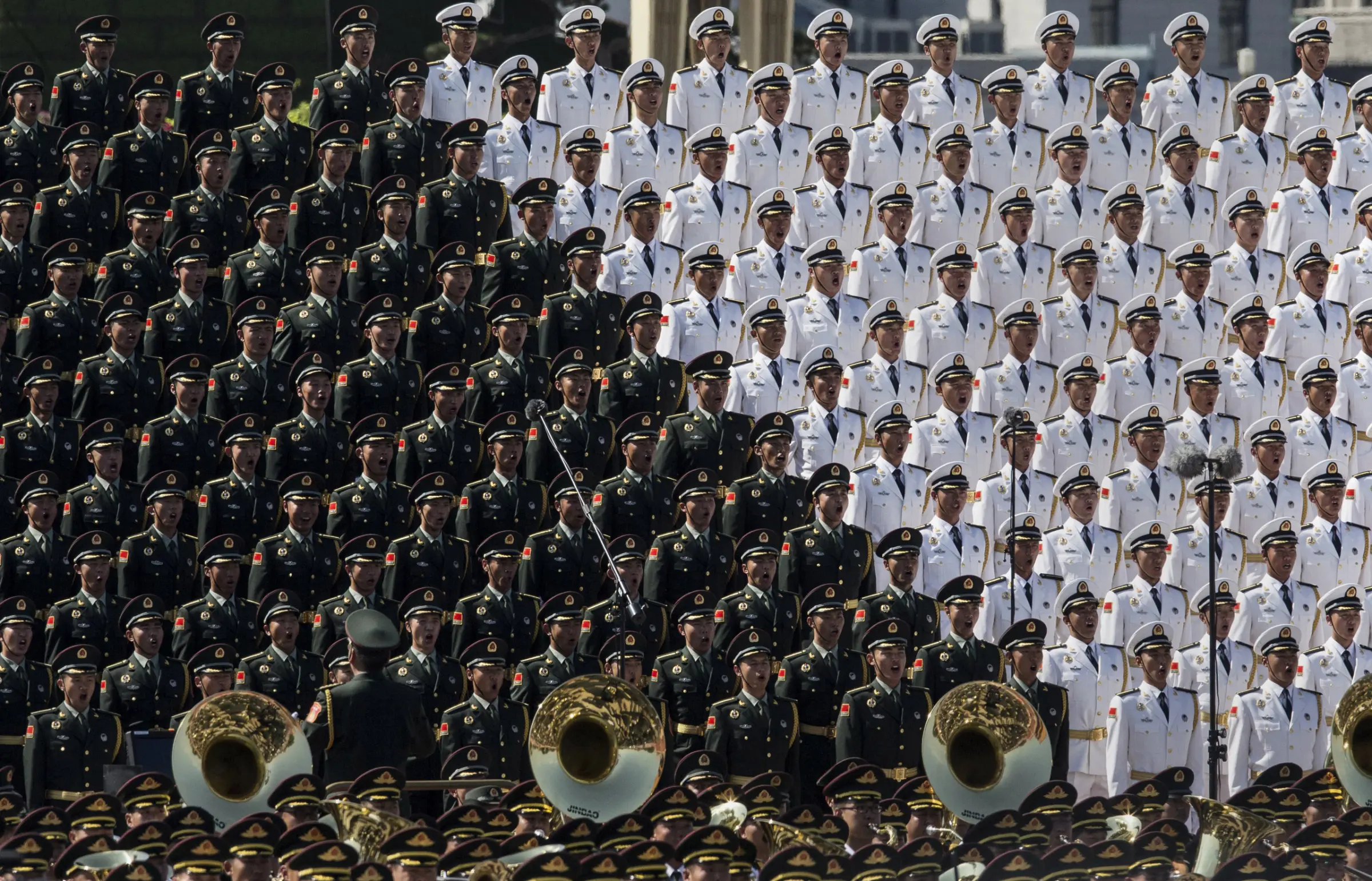
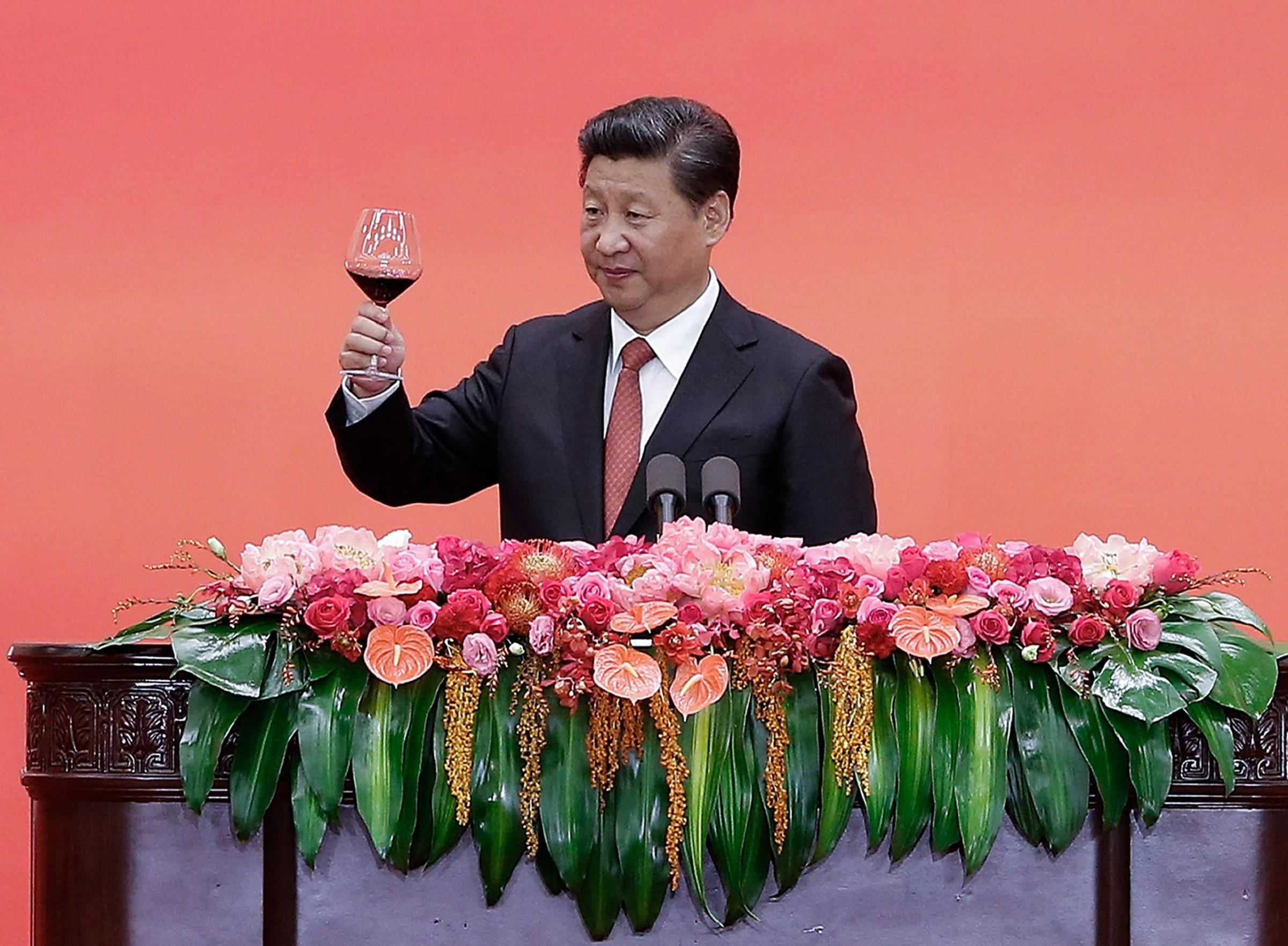
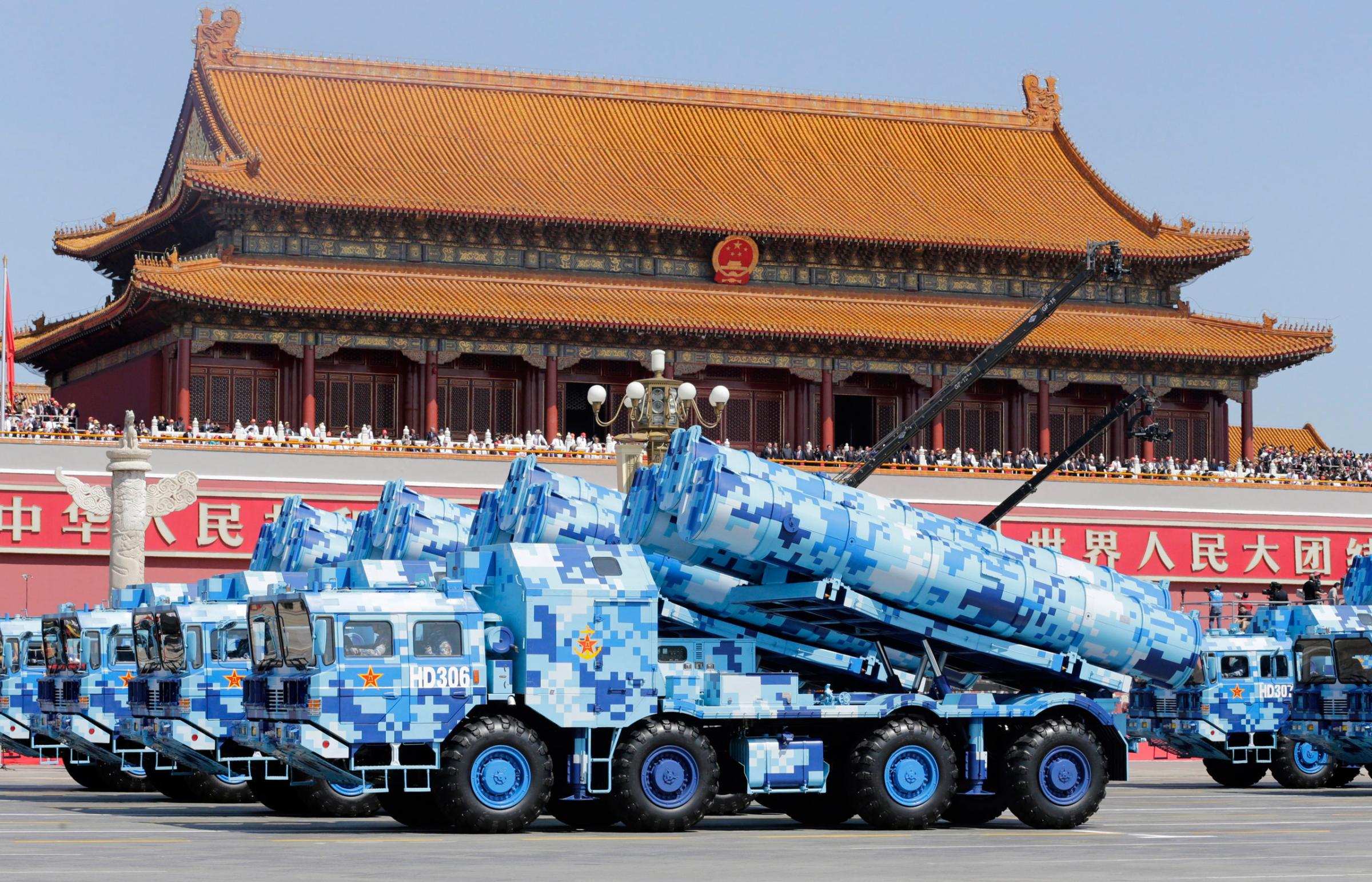
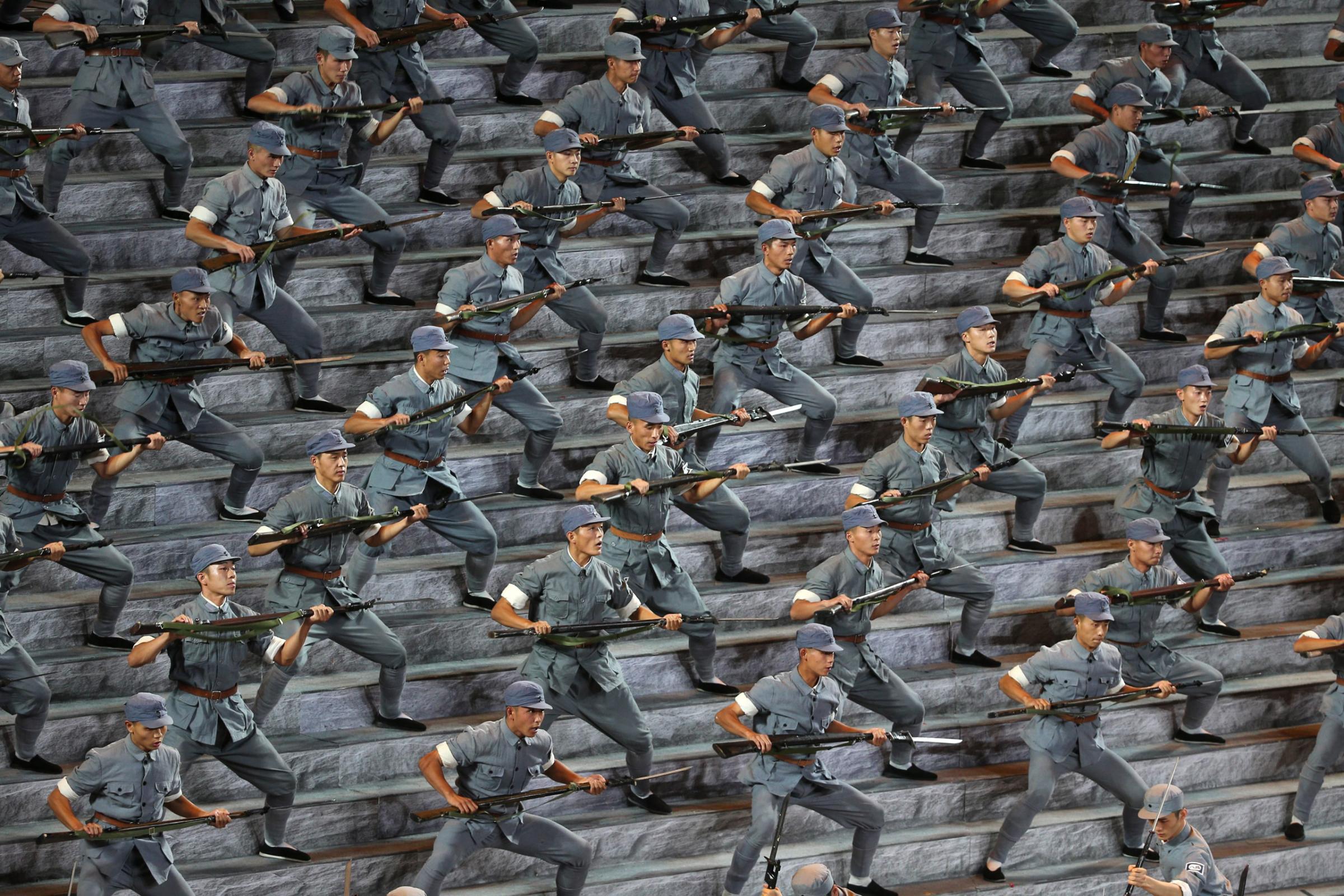
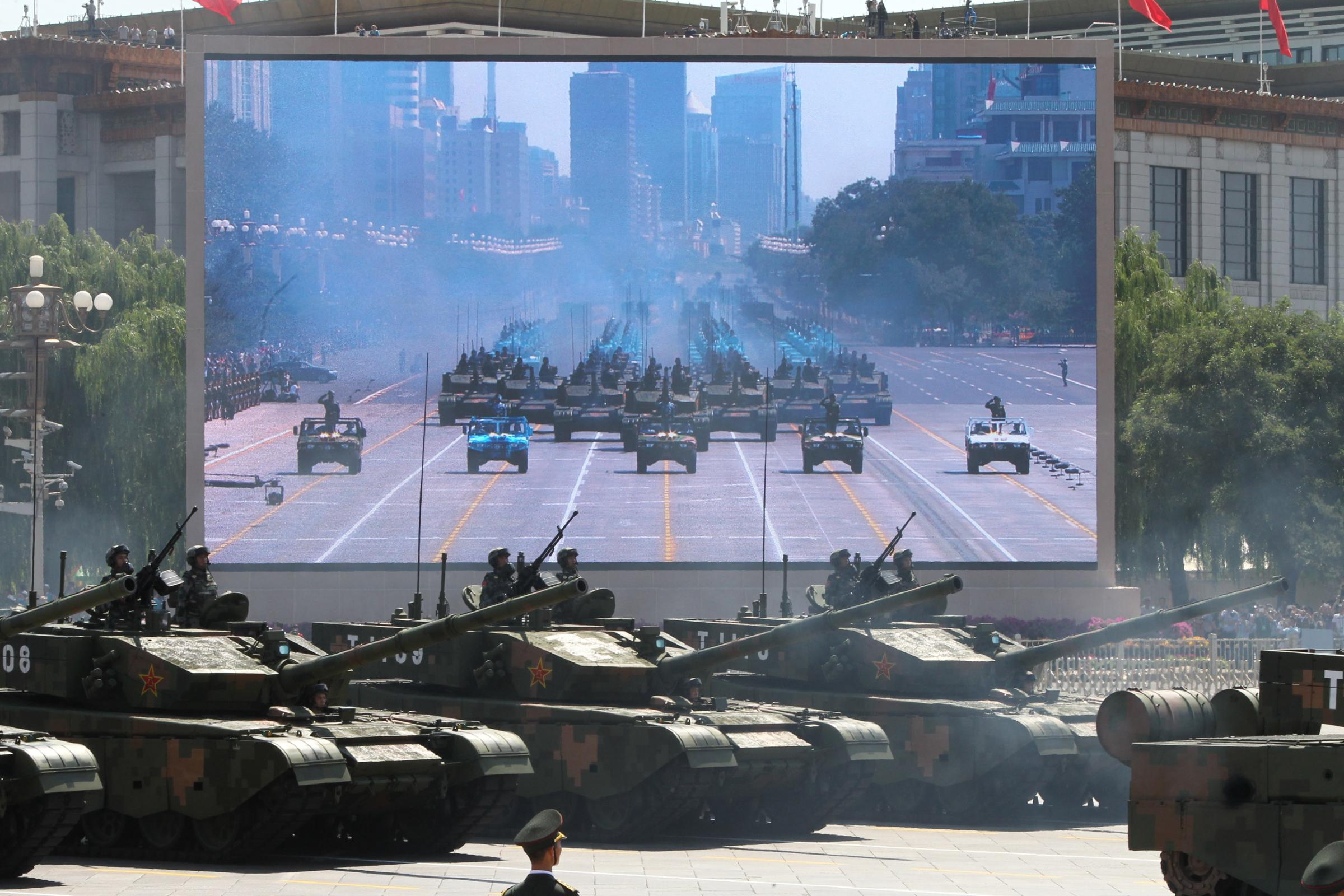
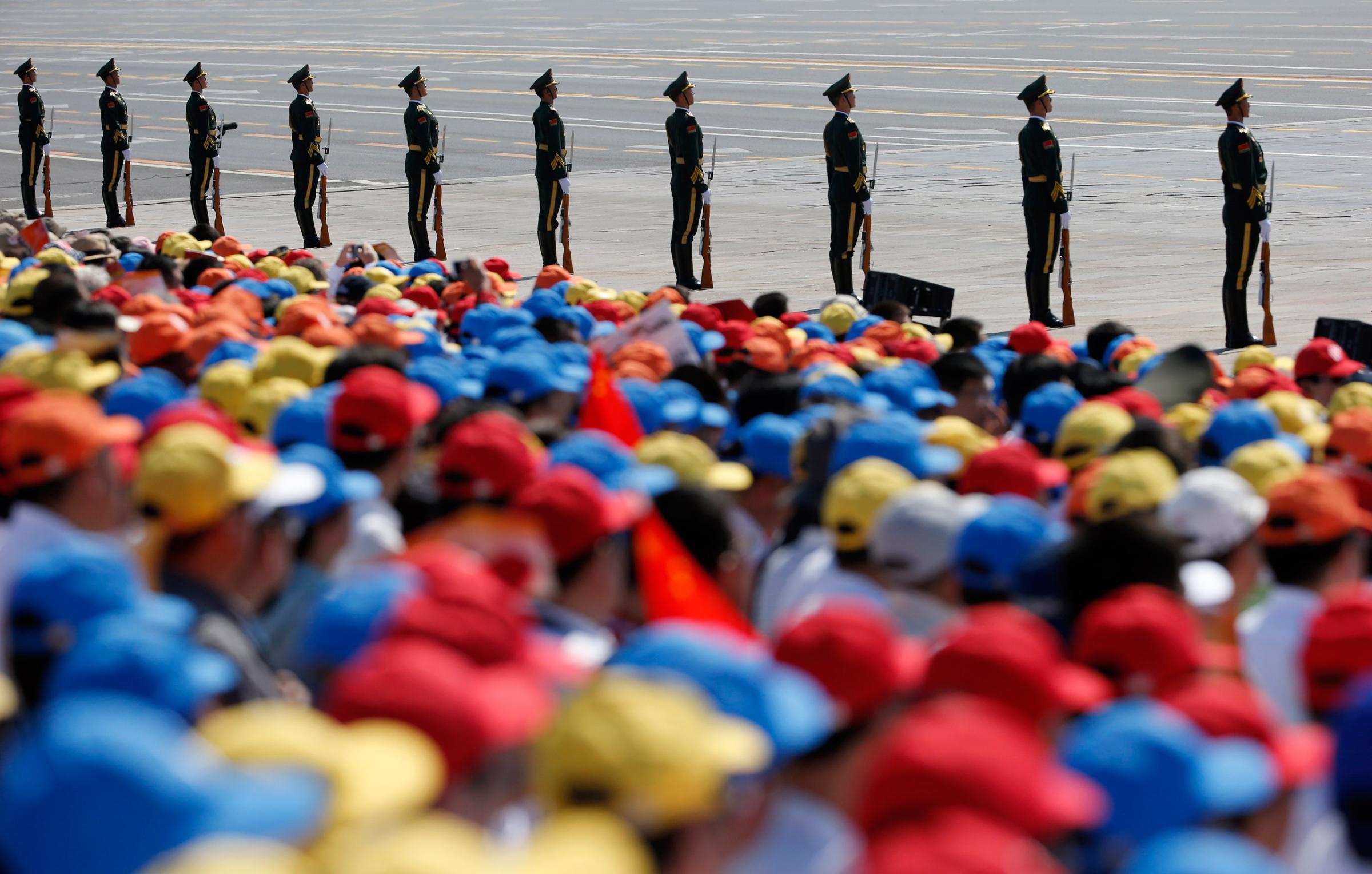
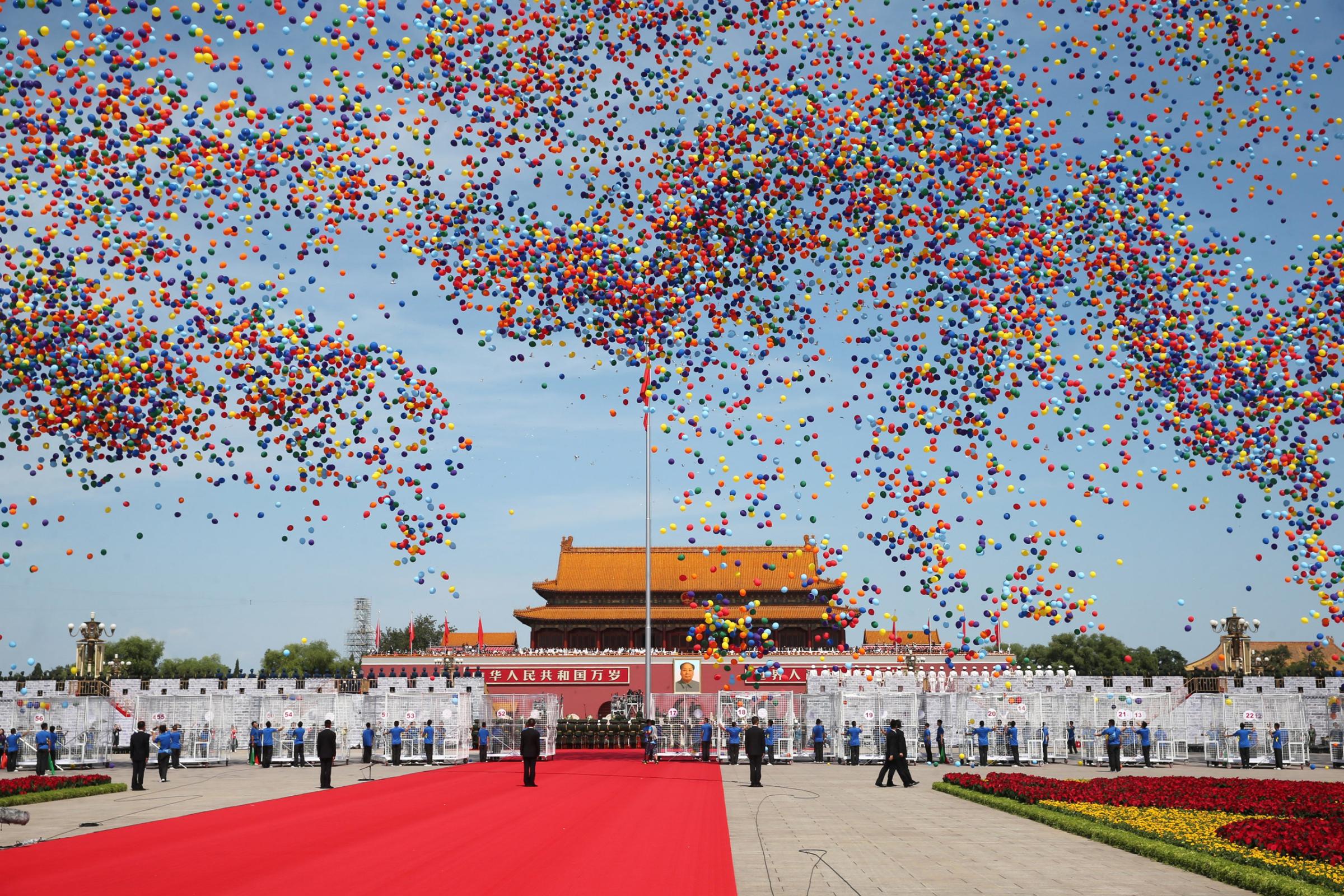
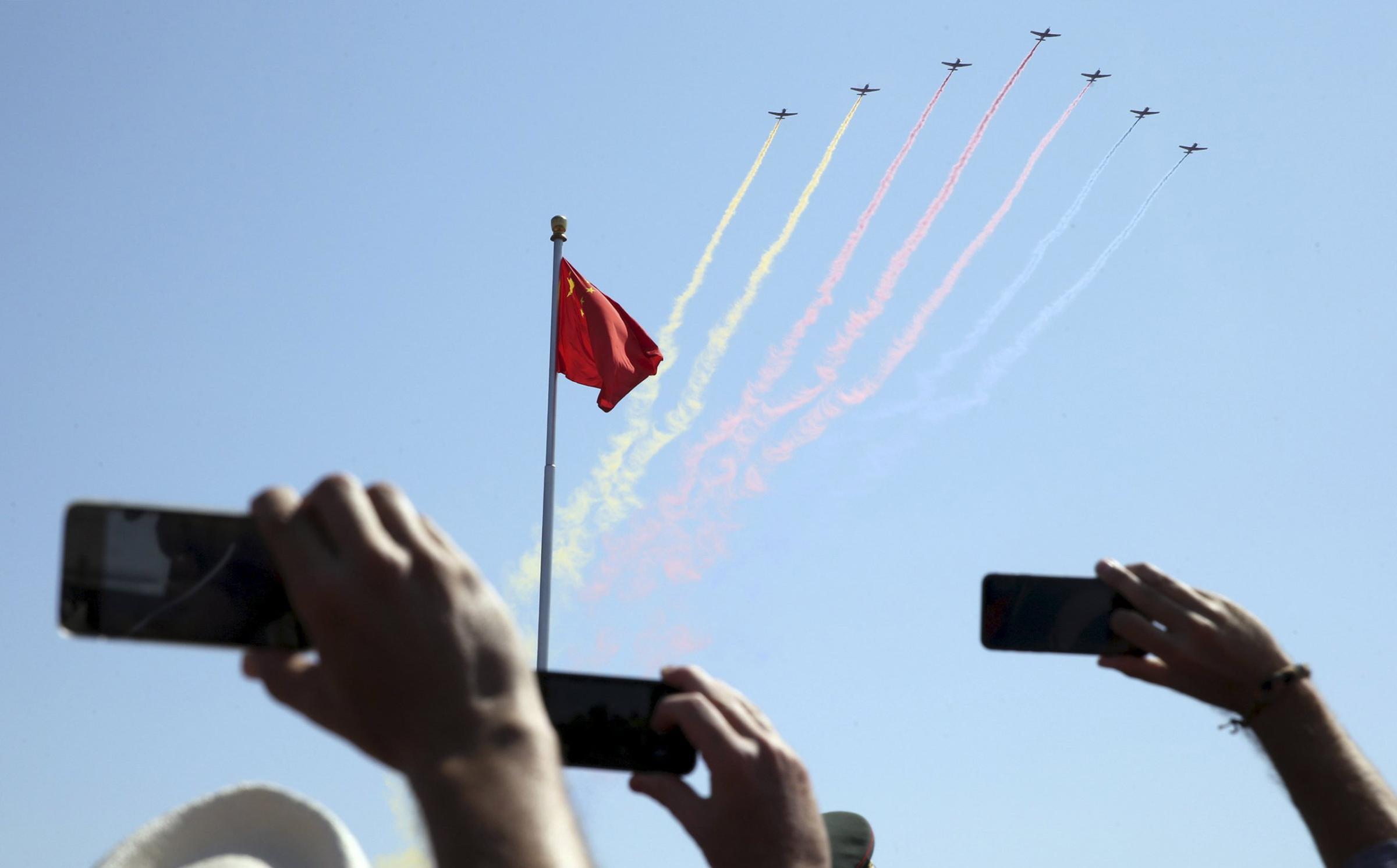
Britain’s overtures have been warmly received by Beijing. In an interview with Reuters before departing for London, President Xi praised the U.K. for its desire to be the Western country “most open” to China. And, in an unusual move, the Chinese delegation is not visiting any other European member states on the trip. “It’s very rare for a Chinese leader to go to just one country on a trip to Europe. But it follows perhaps the most intense wooing of the Chinese within the European Union,” says François Godement, director of the Asia and China program at the European Council on Foreign Relations. “Why shouldn’t the Chinese extol the U.K. as a model for the rest of the European member states? It is the best offer they are getting, at least in words.”
Whether those words will allow Britain to exert influence over China’s behavior is less clear. Steel is a likely topic for the visit, as President Xi’s arrival coincides with the loss of 1,200 jobs in the U.K. at the multinational steelmaker Tata Steel — cuts that were partially a result of China’s recent offloading of cheap steel to help its slowing economy. But China’s ambassador to the U.K. has notably refused to apologize for China’s steel prices.
It isn’t so hard to understand why London would be willing to cede so much ground to Beijing. By the end of 2017, Britain will hold a referendum on whether to exit the European Union, and if it does, it will be even more important to maintain strong economic ties with China, the world’s largest economy. Put simply, Britain needs China more than the other way around. In that respect, Britain is not so different from its future monarch: each must go along with the more powerful entity, no matter what they believe.
More Must-Reads From TIME
- The 100 Most Influential People of 2024
- The Revolution of Yulia Navalnaya
- 6 Compliments That Land Every Time
- What's the Deal With the Bitcoin Halving?
- If You're Dating Right Now , You're Brave: Column
- The AI That Could Heal a Divided Internet
- Fallout Is a Brilliant Model for the Future of Video Game Adaptations
- Want Weekly Recs on What to Watch, Read, and More? Sign Up for Worth Your Time
Contact us at letters@time.com